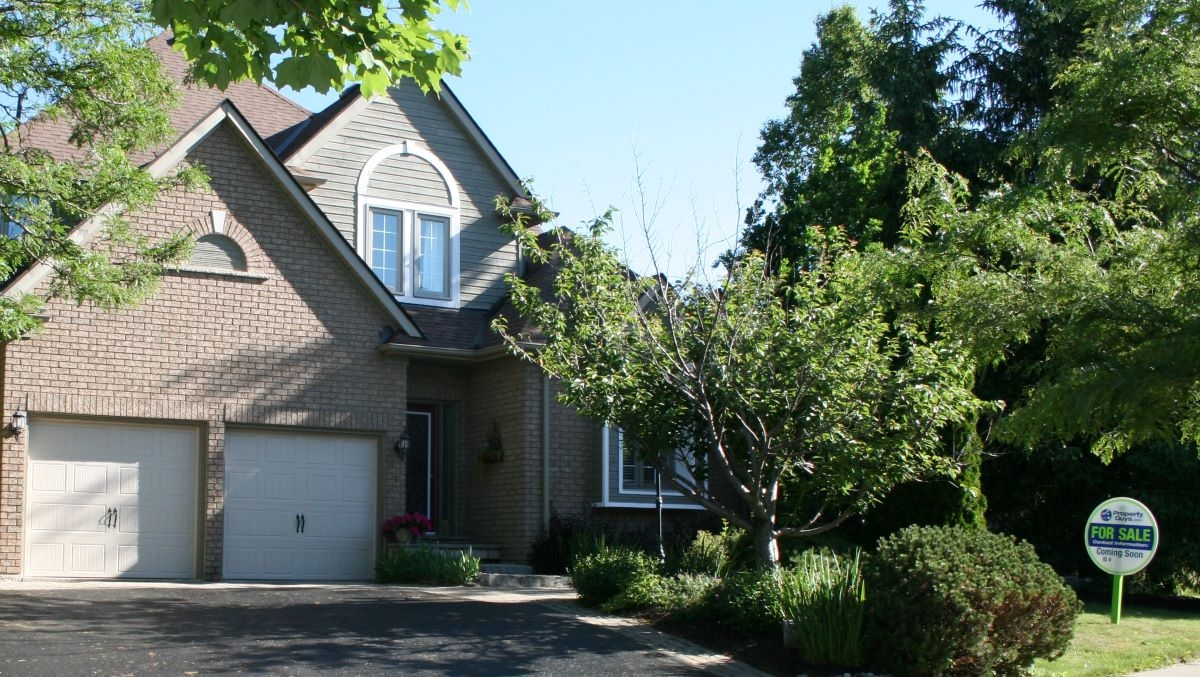
How to budget for a house: A guide for first-time home buyers
Most people dream of becoming homeowners at some point in their lives. However, buying a home for the first time can be intimidating and even overwhelming.
You need to budget accordingly and make wise financial decisions going forward so as not to worry about defaulting on your mortgage. You need to be in a financially stable position so that you can make timely payments and pay off your mortgage.
Obtaining home insurance is also important. Home insurance will protect you and your loved ones in the event of a break-in or natural disaster. You will have peace of mind knowing that expenses for any damaged or stolen property will be covered.
Budgeting and Financial Management to Purchasing Your Dream Home
The goal is to pay off your mortgage as soon as possible in order to fully own your home. In order to prevent the foreclosure of your home, you need to budget properly and manage your finances.
Reduce your stress by ensuring that you have sufficient funds in order to make timely monthly mortgage payments. Try to set aside a nest egg that you can tap into in the event of a financial crisis, such as the loss of a job or the death of a spouse.
Try to not exceed your monthly budget. Live within your means and avoid the temptation to take out additional loans or max out your credit cards. Pay with cash whenever possible, and try to save as much money as you can by spending wisely.
Steps to Buying a Home Within a Budget
You need to first figure out what you can realistically afford. Calculate your debt-to-income ratio in order to determine the type of home you can purchase.
Once you have used a mortgage calculator to know what you can afford, shop around to find a home that fits your budget. If you have a small budget to work with, consider buying a smaller home, a condo, or even a pre-build.
Properties will usually appreciate over time, so you can always sell your current property and use the extra money to buy the home of your dreams in the future. Consulting a mortgage lender for advice can also help, especially if you are buying a home for the first time.
They may be able to refer you to first-time homebuyer programs that you can use in order to learn more about down payments, mortgage insurance, closing costs, mortgage qualifiers, reverse mortgages, mortgage refinancing, fixed and variable interest rates, and the real estate market.
Once you have figured out how much you will need to put down on the home, as well as the terms and conditions of your loan (which includes monthly payments), you can move forward with confidence.
We would also suggest avoiding the temptation to buy at the top end of your budget. While spending the most possible may allow you to get a bigger or nicer home, it may also come back to haunt you in the future, especially if you are not gainfully employed.
Instead, try to save enough money to place a higher down payment for your mortgage. A higher down payment will allow you to build home equity faster, which may be of great use if you opt to take out a home equity line of credit in the future.
Putting down a larger down payment may help you get a lower interest rate and pay off your mortgage that much quicker.
Tips for First-Time Home Buyers
You need to be ready with all of the necessary documents in order to apply for a loan. You also need to apply for the mortgage rates that are the most appropriate for your unique financial situation.
The down payment that you will be able to make should help dictate the type of home that you can buy. You need to choose a property that you can actually handle, not only in terms of financing but also in terms of maintenance.
Adjustable mortgage rates or interest-only rates should be avoided if you are a first-time homebuyer. You also need to set aside some money in order to pay for all of the closing costs, which may include appraisal, notary, attorney, and administrative fees.
In addition, do not focus solely on the premium that you will need to pay on the home. You also need to think about homeowner’s insurance, repair expenses, property taxes, and possibly private mortgage insurance as well.
Living the Dream
Having insurance support is a must, especially if you are a first-time homebuyer. Homeowner’s insurance may protect your home in the event of a fire, theft, or natural disaster.
You also need to be protected from legal liabilities. As well, private mortgage insurance may actually be mandatory if you are unable to place a sufficient down payment. Paying a higher down payment will help ensure your financial security going forward.
Sources:
What first time homebuyers need to know about home insurance (brokerlink.ca)
The complete guide for first-time home buyers – MoneySense
How to Set a Budget for Buying Your First Home (investopedia.com)
PHOTO: OLM STAFF









